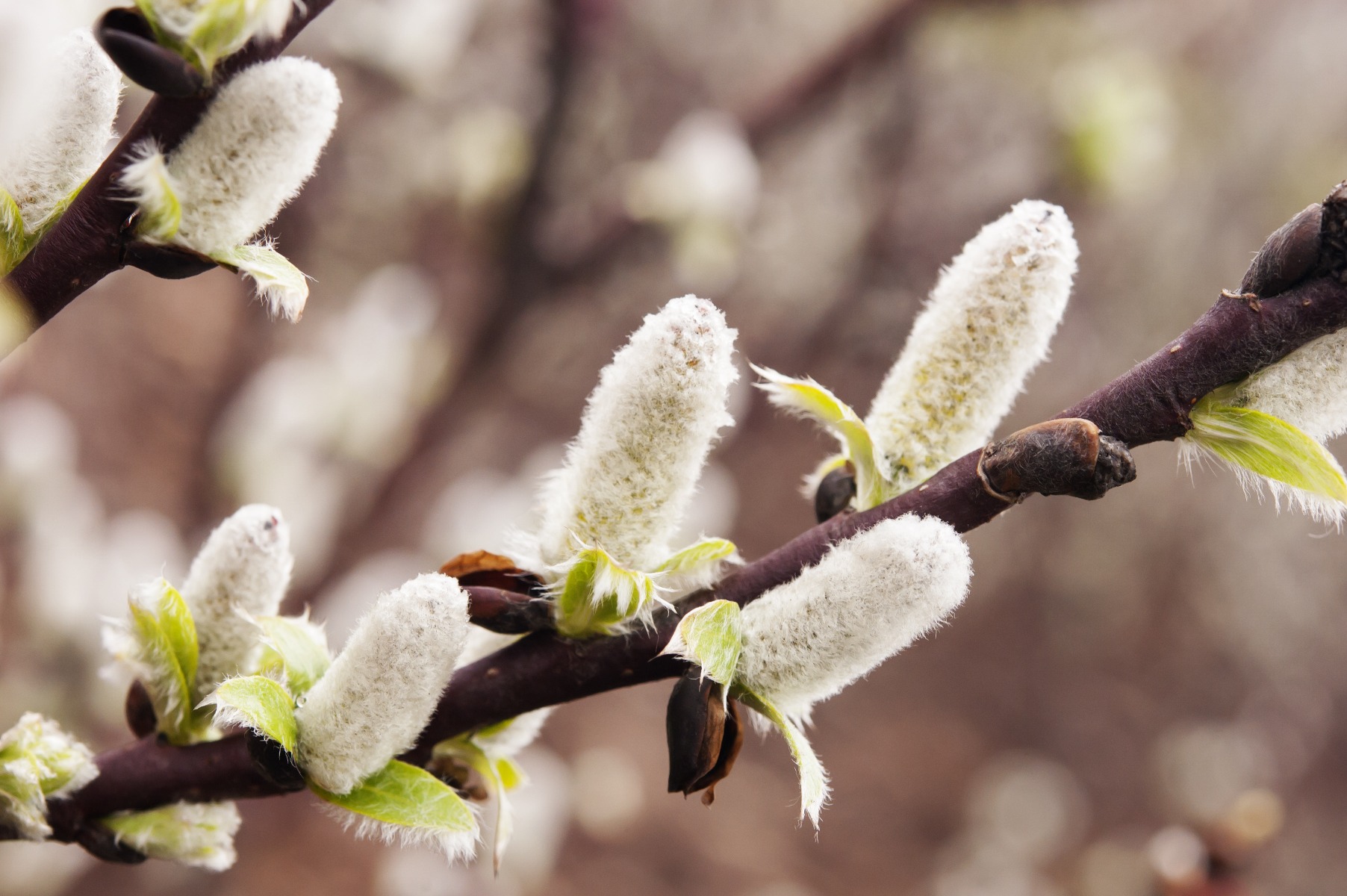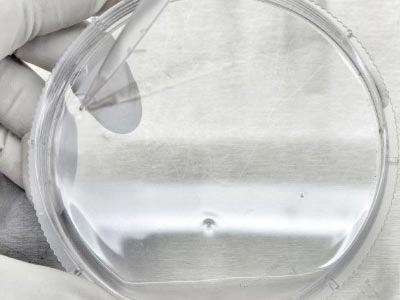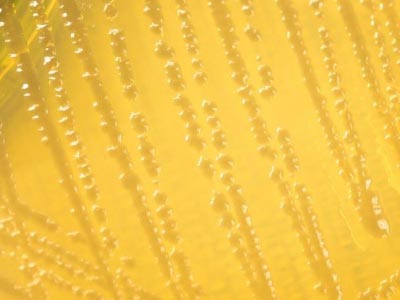
Visit our other sites
-
Fapas - Proficiency Testing
Globally recognised provider of proficiency tests, running over 400 tests annually across an extensive range of matrices and analytes
-
Great Crested Newts Testing
A single sample taken by an ecologist at any time during the newt breeding season can determine their presence or absence, saving you time and money
The National Collection of Plant Pathogenic Bacteria (NCPPB) maintains cultures of the world's bacterial plant pathogens and related bacteria.



In 1947 the National Collection of Type Cultures, then being maintained at the Lister Institute, shed its responsibility for cultures which were not of direct interest to the medical sciences. Their bacterial plant pathogens were combined with a collection which Dr W J Dowson was already maintaining at the Botany School, Cambridge, and the whole collection was maintained by him on behalf of the Agricultural Research Council until his retirement in 1956.
The Collection, then some 200 cultures, moved to the Plant Pathology Laboratory of the Ministry of Agriculture, Fisheries and Food (MAFF) at Harpenden in June 1956, and was recognised in that year as a National Collection by the UK National Committee of the Commonwealth Collections of Micro-organisms.
In 1996 the NCPPB, then with some 3,500 strains, moved to a purpose-built facility near York, and since 2002 has been funded by the Department for Environment, Food and Rural Affairs (Defra).
The NCPPB still continues its primary role of providing scientific support to the UK Plant Health Service.
Aims of the NCPPB
The Collection exists primarily to preserve and maintain, for use by research and educational establishments, and by industry, cultures of the world's bacterial plant pathogens and the bacteria closely associated with them. It is intended that sufficient cultures shall be kept of each species to be representative of its geographic and host range, and of the variation within it. Bacteriophages useful for the determination of bacterial pathogens, for the diagnosis of the bacterial diseases they cause and potential biocontrol organisms are also maintained. A few mutant bacterial cultures, especially with useful epidemiological attributes, are also maintained. In the long term it is hoped to confirm the identities of all cultures in the Collection, characterise their genetic sequence and determine their virulence.

Copyright © 2025 Fera Science Limited (“Fera”). All rights reserved.
For further information about how Fera uses any personal data collected from you, please see our Privacy Notice at www.fera.co.uk/privacy-policy.





